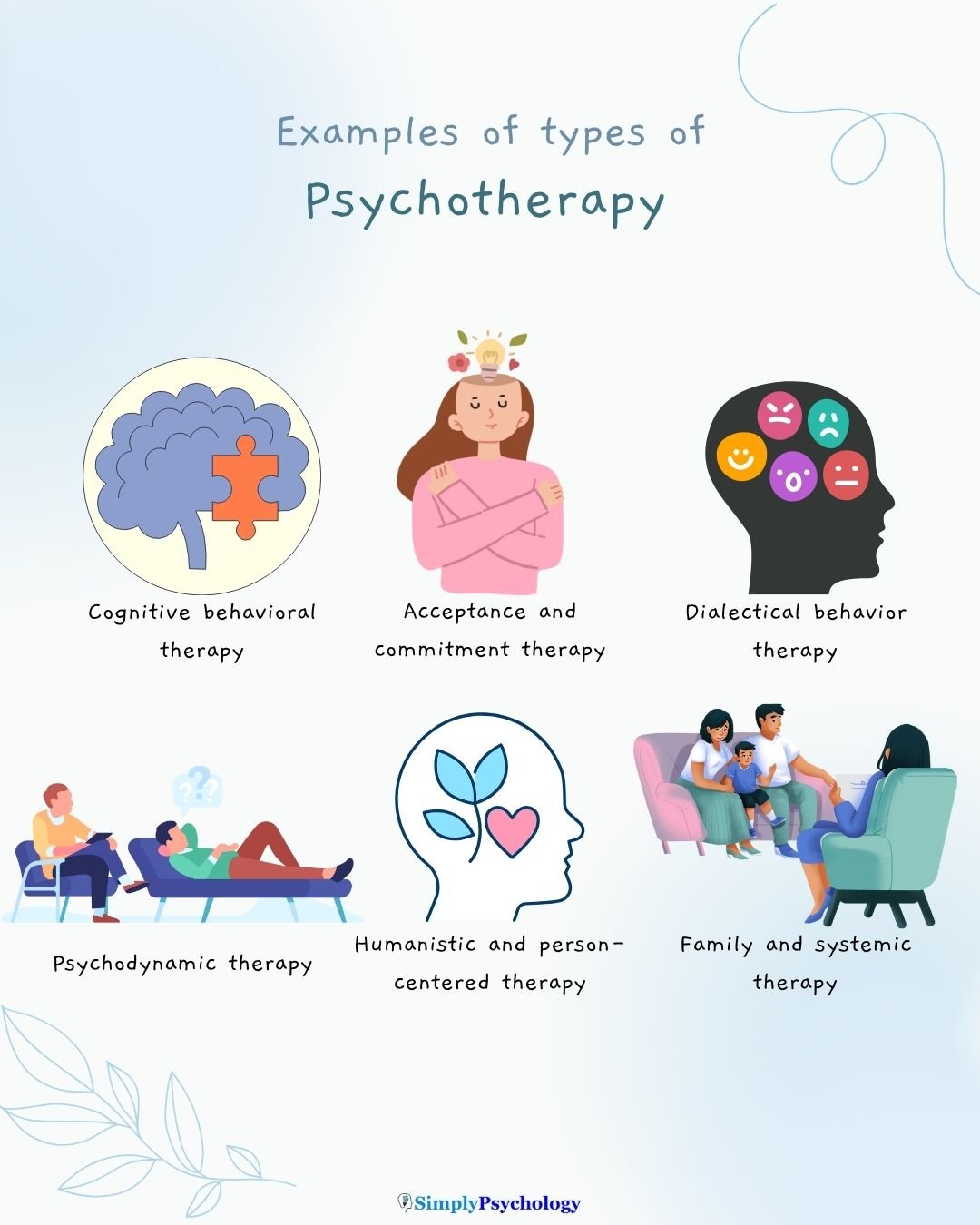10 Practical Ways low cost therapy solutions Helps You Stay Consistent
Discovering the Benefits of Virtual Therapy in Modern Mental Healthcare
The surge of virtual therapy marks a considerable shift in psychological health care. It provides boosted ease of access, enabling people from varied backgrounds to look for aid without geographical constraints. Adaptability in scheduling fits varying way of lives, while the convenience of home can foster openness. The implications of these adjustments prolong beyond mere comfort. The advancing landscape of therapy elevates essential questions concerning its long-lasting effects on individual interaction and treatment results.
Boosted Access for All
Standard therapy frequently provides barriers such as geographical location and scheduling conflicts, virtual therapy greatly boosts access for people seeking psychological wellness support. By removing the requirement for physical traveling, virtual therapy allows customers from remote locations or those with movement challenges to get in touch with certified professionals. This mode of therapy can get to underserved populaces that might do not have local psychological wellness resources, consequently attending to variations in accessibility to care. Additionally, virtual platforms can accommodate varied requirements, using solutions in several languages and suiting numerous social backgrounds. Clients can involve with a more comprehensive series of specialists, giving them with choices that align with their specific demands and choices. This boosted ease of access fosters a much more comprehensive environment, permitting people to seek help without the stigma typically connected with in-person brows through. Overall, virtual therapy represents a significant development in making psychological health and wellness care a lot more easily accessible to all.
Flexibility in Organizing Sessions

As virtual therapy remains to obtain traction, its intrinsic adaptability in scheduling sessions verifies to be a substantial advantage for numerous individuals. Unlike standard in-person therapy, virtual therapy permits customers to pick session times that finest fit their personal and professional dedications. This adaptability fits those with requiring job timetables, family commitments, or various other dedications that can make participating in physical appointments challenging.
Customers can easily reschedule or adjust their sessions as required, reducing the tension connected with inflexible visit systems. The schedule of various time slots throughout the week, consisting of evenings and weekends, further improves accessibility. This flexibility not only encourages uniformity in presence but also promotes a better dedication to the restorative process. Inevitably, the adaptability in scheduling sessions represents a transformative change in mental wellness care, empowering people to prioritize their health without sacrificing other elements of their lives.
Comfort of a Familiar Atmosphere
The convenience of an acquainted atmosphere considerably improves the effectiveness of virtual therapy for lots of clients. Participating in therapy from the security of their very own homes enables individuals to feel even more secure, lowering anxiousness that may come with traditional in-person sessions. This experience can assist in open interaction, allowing clients to share their thoughts and sensations extra easily.
Moreover, the visibility of individual items and the ability to manage their surroundings can contribute to a sense of safety and security and leisure. Customers often report that remaining in a comfortable area allows them to concentrate much more on the therapeutic process rather than the establishing itself.
Additionally, the casual nature of virtual sessions can aid liquify obstacles that may exist in a typical workplace environment, fostering a deeper link with therapists. On the whole, the convenience of familiar surroundings plays an important function in improving the healing experience and effectiveness for numerous people looking for psychological wellness assistance.
Bigger Variety Of Therapeutic Options
A larger array of therapeutic options comes to be readily available with virtual therapy, allowing clients to gain access to numerous methods that might not be possible in traditional settings. This versatility enables individuals to explore varied approaches such as cognitive-behavioral therapy, mindfulness practices, art therapy, and even specialized interventions like trauma-informed care or dialectical habits therapy.
Clients can choose from a more comprehensive spectrum of specialists, including those who specialize in particular niche locations or details populations, improving the chance of locating a suitable match. Virtual platforms often offer accessibility to group therapy sessions, support neighborhoods, and workshops that may be geographically unavailable or else.
This variety empowers customers to participate in their healing process according to their unique choices and requirements, possibly increasing motivation and dedication to treatment. Therefore, the landscape of mental health care comes to be much more inclusive and versatile, accommodating a bigger array of private experiences and challenges.
Reduced Preconception Bordering Therapy
Accessing therapy through virtual systems adds to a substantial reduction in the preconception traditionally related to psychological healthcare. By giving a very discreet and personal setting, virtual therapy enables people to look for assistance without the anxiety of being evaluated or identified. This privacy appeals to those that might otherwise be reluctant to go after in-person therapy because of social perceptions bordering mental health.
As the prevalence of virtual therapy boosts, it stabilizes the discussion around mental wellness, making it a more appropriate component of daily life. Individuals frequently feel a lot more comfy reviewing their experiences on-line, advertising visibility and minimizing sensations of seclusion. The ease of access of these services likewise encourages a broader demographic to involve with psychological health resources, fostering a society of support as opposed to embarassment. Eventually, the increase of virtual therapy plays a crucial duty in improving mindsets in the direction of looking for help, adding to a more approving culture pertaining to psychological health and wellness difficulties.
Cost-Effectiveness and Affordability

Lowered Session Costs
Lots of individuals seeking mental health and wellness support find that virtual therapy significantly reduces session costs compared to standard in-person options. The removal of traveling expenditures and time off job usually adds to general cost savings. Additionally, numerous virtual therapists offer competitive rates as a result of lower overhead costs connected with keeping a physical workplace. This shift in expenditure permits customers to accessibility quality mental health and wellness services without the economic strain that might include traditional therapy. For lots check here of, this affordability allows a lot more regular sessions, which can improve treatment results. Therefore, virtual therapy not just equalizes accessibility to psychological healthcare however additionally provides a sustainable financial model that straightens with clients' budget plans, making mental health and wellness support extra attainable for a larger audience.
Expanded Accessibility Alternatives
While conventional therapy usually provides logistical obstacles, virtual therapy substantially expands gain access to alternatives for individuals looking for psychological health care. By removing the requirement for traveling and allowing adaptable organizing, virtual therapy suits varied way of lives and dedications. This accessibility is particularly advantageous for those in remote locations or with flexibility challenges. In addition, the cost-effectiveness of virtual therapy minimizes economic pressure, making mental wellness services a lot more obtainable. Several platforms offer tiered rates or sliding scale costs, promoting affordability. Insurance policy business increasingly acknowledge virtual therapy, further improving its economic ease of access. In general, virtual therapy not just broadens the range of that can get treatment yet also addresses financial obstacles, making psychological wellness assistance more comprehensive and attainable for all.
Enhanced Connection of Care
Enhanced connection of care arises as a substantial benefit of virtual therapy in modern mental healthcare. This method permits individuals to maintain consistent interaction with their specialists, no matter of geographical barriers or organizing problems. adhd counselling. The flexibility of virtual sessions promotes normal check-ins, which are necessary for keeping an eye on development and adjusting treatment prepares as necessary
Furthermore, electronic health records and telehealth systems facilitate smooth details sharing among care carriers. This interconnectedness guarantees that all experts involved in an individual's treatment are upgraded on therapy advancements, causing more worked with and effective treatments.
Patients usually experience reduced stress and anxiety and boosted involvement as a result of the convenience of accessing therapy from familiar atmospheres. Such accessibility improves adherence to therapy programs, eventually improving end results - adhd counselling. To summarize, virtual therapy not only bridges spaces in mental health solutions however likewise fortifies the continuity of treatment, a crucial component of successful restorative partnerships
Often Asked Inquiries
How Does Virtual Therapy Ensure Discretion and Personal Privacy for Customers?
The existing concern addresses the procedures virtual therapy uses to protect client discretion. Utilizing encrypted systems, safe and secure logins, and compliance with guidelines like HIPAA, virtual therapy guarantees that sensitive details remains exclusive and hard to reach to unauthorized individuals.
Can I Switch Therapists Easily in Virtual Therapy?
Switching over therapists in virtual therapy is usually uncomplicated. Clients can connect their wish for an adjustment with the platform, permitting flexibility in discovering a far better match without the logistical challenges of in-person appointments.
What Innovation Do I Need for Virtual Therapy Procedure?
To get involved in virtual therapy sessions, a specific typically requires a dependable web connection, a computer system or smart device with a camera and microphone, and accessibility to a safe and secure video clip conferencing system defined by their therapist.

Are Virtual Therapy Procedure as Effective as In-Person Procedure?
Current researches show that virtual therapy sessions can be just as reliable as in-person sessions, depending upon the person's preferences and situations. Elements such as comfort and availability might boost the general restorative experience for some customers.
What Should I Do if I Experience Technical Issues Throughout a Session?
If technological concerns emerge throughout a session, one need to steadly interact the problem to the therapist, effort to reconnect, or switch to a back-up method. Persistence and adaptability are crucial in taking care of these disturbances.